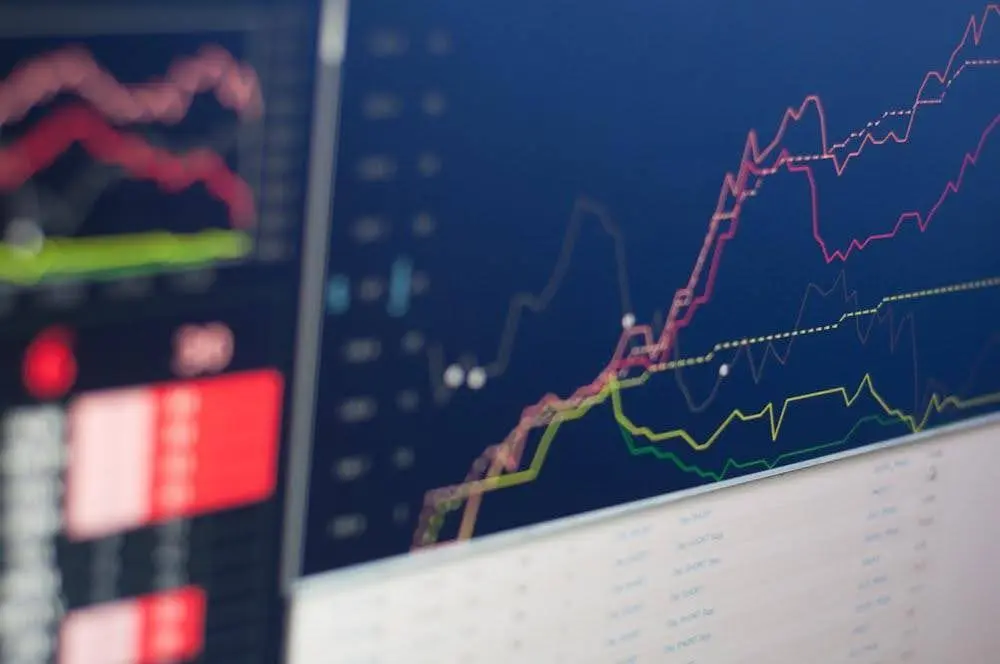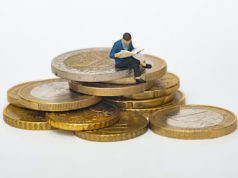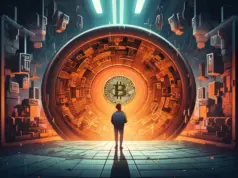Deflation is the result of falling prices for goods and services, whereas inflation is the result of excessive and rapid price increases. An economy can quickly shift from one of these two economic circumstances to the other. It happens because they are the opposite sides of the same coin and are in a delicate balance.
What is Inflation?
A quantifiable indicator of how quickly the cost of things is rising in an economy is called inflation. When there is a strong demand for products and services, there is a corresponding decrease in supply. It can lead to an increase in price.
An overview of deflation
When there is an excess supply of products or insufficient money to buy them, deflation takes place. The cost of goods and services thus decreases. For example, when a specific kind of car gains a lot of popularity, rival automakers begin producing the same models. Before long, automakers will have more of that particular model than they can sell, so they will have to lower the price to draw customers.
The difference between the inflation and deflation
Inflation and deflation are two different economic phenomena. They both come with their reasons, their effects on the economy, the challenges, and the impacts on purchasing power.
-
Causes
Inflation is the result of more demand than supply (Demand-pull inflation), rising production costs (Cost-push inflation), and monetary policies. On the contrary, there is a case of deflation which is a situation where the prices are falling. It happens when there is a fall in demand, overproduction, or monetary policies. Although in the beginning, people would enjoy deflation because of the lowering of prices, later on, they would be less likely to spend and invest.
-
Effects on Economy
The consequences of inflation and deflation on the economy are different. Inflation can be a great incentive to the economy but it can also lead to the formation of asset bubbles and the increase of income inequality. The other way is that deflation will increase the debt burden and make the economic recovery slower.
-
Challenges
Challenges of inflation are the preservation of the stability of prices and the control of the expectations on inflation. On the contrary, deflation is a cause of the increase in demand and the limitation of the deflationary spiral.
-
Purchasing power
Both of these events have a negative influence on the purchasing power. Inflation reduces the value of the money. As a result, you need more currency to purchase any type of goods and services. Contrary to that, deflation increases the value of money at the same time. it can be a driving force for the people to save and thus, the economy will slow down.
Conclusion
Inflation and deflation are essential to the study of the economic environment. Both are extremely powerful. They form the basis of the policies, markets, and individual purchasing power in a very complex manner.











































